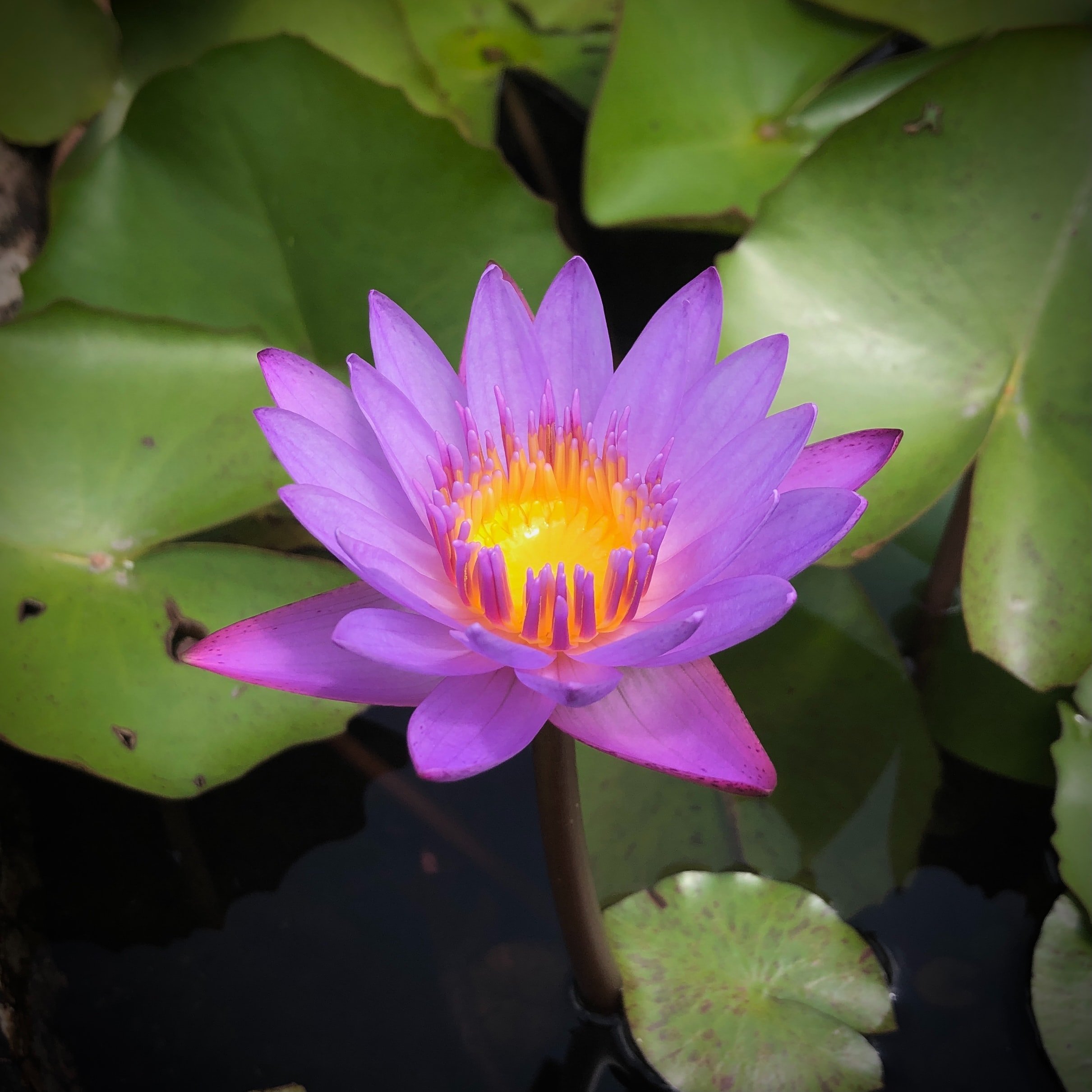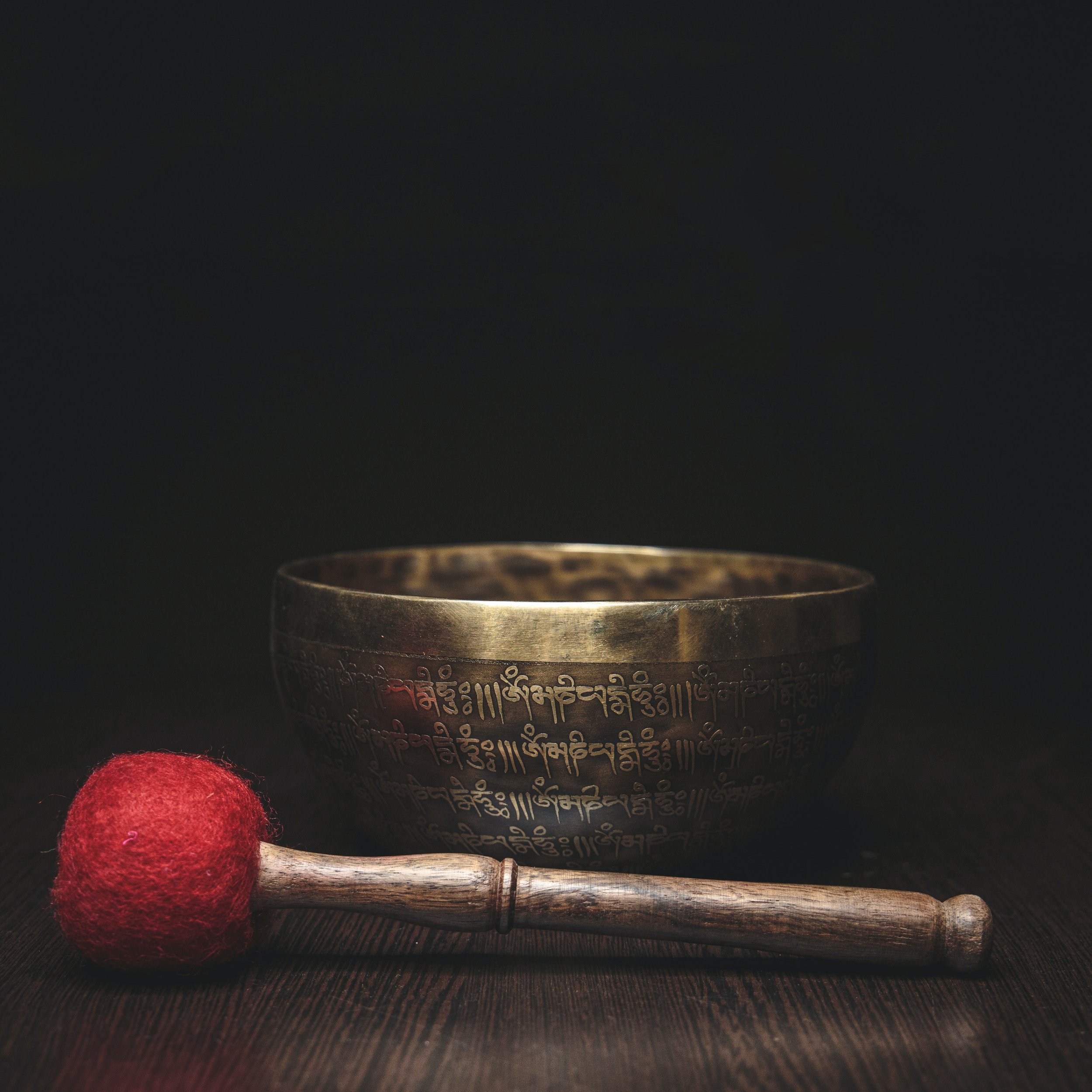Portals to Awakening
Eight time-honored meditations
Are you a seeker on the awakening path?
Do you long to connect with a deeper stillness and peace?
Do you want to learn some of the most time-honored non-dual approaches to meditation, drawn from the wisest spiritual traditions?
We invite you to explore with us some of the most subtle meditation practices available to humanity, all towards one aim:
direct mystical experience
Awakening is already present. You couldn’t be ‘closer’ to it than you are now. That said, sages from myriad traditions across millennia have advocated for meditation as the indispensable practice through which enlightenment may be revealed.
Each session of our new 8-week program will feature a meditation drawn from a specific tradition. Rather than approaching these meditations as a set of disparate techniques, we will regard them as access points to the Perennial Meditation—the core spiritual operation that underlies all of the non-dual practices.
Register below to receive the recording from our free intro call on Feb 4th:
a 20-minute talk on the subject ‘Portals to Awakening’
a 20-minute guided meditation
a 20-minute Q&A session
Course Registration is open until Sunday, February 12th.
Ready to Enroll?: Use the payment link at the bottom of this page.
Receive intro Recording:
Learn 8 Time-Honored Meditations
in our 8-week program:
Just Sitting or Shikantaza
(Dogen Zenji - Zen):
Just Sitting is a Zen practice developed by Dogen Zenji, the founder of the Soto School. Just Sitting doesn’t aim to arrive at any specific spiritual goal. Rather, we are invited to pour our whole being into our body so that we may simply ‘abide’ naturally, through the portal of a specific posture.
2. 20th Century Indian Sages
I AM Meditation
(Nisargadatta Maharaj -
Inchegeri Sampradaya)
‘I Am’ meditation was made famous in the 20th century by the Indian teacher Nisargadatta Maharaj. The practice is deceptively simple and clear: to rest in the felt sense of I AM, until the dawning of this realization: “...that you are the timeless spaceless witness itself.”
Self-Inquiry or Atma Vichara
(Ramana Maharshi -
Advaita Vedanta)
Ramana Maharshi’s principle instruction is Atma Vichara “Self Inquiry.” He wrote: “The ‘I’-thought is the first to arise in the mind. When the inquiry ‘Who am I?’ is persistently pursued, all other thoughts get destroyed and finally the ‘I’-thought itself vanishes, leaving the supreme non-dual Self alone.”
3. True Meditation
(from Adyashanti -
ZeN & Advaita Vedanta)
Adyashanti has a background in both Zen and Advaita Vedanta. In the first part of Adya’s True Meditation, he invites us to “see what would happen if you were to allow everything to be exactly as it is.” In the second part, Adya invites us to approach the question “What am I?” from the experience of the totality of our being.
4. Loving What Is or The Work
(from Byron Katie)
Byron Katie discovered a form of Self-Inquiry she named “The Work”. She teaches that suffering is caused by believing our stressful thoughts. Through her unique writing practice of self-inquiry, Katie provides us access to a different, less-known capacity of the mind that can end suffering.
5. Pointing Out Instructions
or Dzogchen
(From Tibetan Buddhism)
Dzogchen is a lineage of the Tibetan Buddhism tradition, sometimes translated as “Great Perfection”. Dzogchen asks us to look for what is looking and come to know that there isn’t any “I” doing the looking. With practice, the capacity to recognize the freedom of centerless consciousness in all circumstances, becomes permanent.
6. Weaving Form and Formless
or Tantra
(From Kashmir Shaivism)
Tantra is an attitude, the attitude of inclusion: wherein every thought and feeling, every particle of your body and the universe, is seen as being made of Divine Energy (Shakti) which is non-separate from Divine Consciousness (Shiva). Distinct from practices of exclusion, which aim at the experience of formless Spirit, Tantric meditation instructs us to weave the core experience of Spirit into embodiment.
7. Incubation
(From Parmenides)
Incubation hails from a Greek tradition made famous by Parmenides in the fifth century BCE. The practice is to lie down in complete darkness and give up. When we engage in sitting meditations, we can subconsciously feel that we are ‘doing’ something. Incubation invites us to totally surrender and abandon all hope, to lie down in the darkness long enough that we go beyond hope of anything…including enlightenment.
8. Perennial Meditation
(From J. Gustin)
Perennial Meditation is a distillation of the traditional meditations above. It is a distillation of the heart of nondual meditation. Perennial comes from Greek perennis, and refers to the perspective that all of the world's mystical traditions share a single deep core.
NOTE: This series is being taught ONLY by Jonathan Gustin, not Adyashanti (and certainly not by Dogen, Parmenides, or Ramana—though we will explore their meditation approaches).
Each LIVE weekly meeting
will feature:
a talk by Jonathan
guided meditations
breakout groups to connect with co-participants
time for Q&A
Can’t make it to one or more of the meetings? No problem. All sessions will be recorded and made available.
What: Portals to Awakening: 8 Time-Honored Meditations
When: 8 Consecutive Mondays starting Feb 13th, 11am - 12:30pm PT. Registration is open until Sunday, Feb 12th.
Where: Zoom
Teacher: Jonathan Gustin
Cost: $400
There are a limited number of partial scholarships available for those in need. Please contact Katherine (Program Director at PGI) at khaigcello@gmail.com
Sign Up Here
Jonathan Gustin, M.A, MFT, is a purpose guide, psychotherapist, and meditation teacher in private practice in the San Francisco Bay Area for over 27 years. Jonathan is the founder and lead teacher of the Purpose Guides Institute and Green Sangha. He has taught purpose discovery at San Quentin Prison and also serves as adjunct faculty at John F. Kennedy University.













